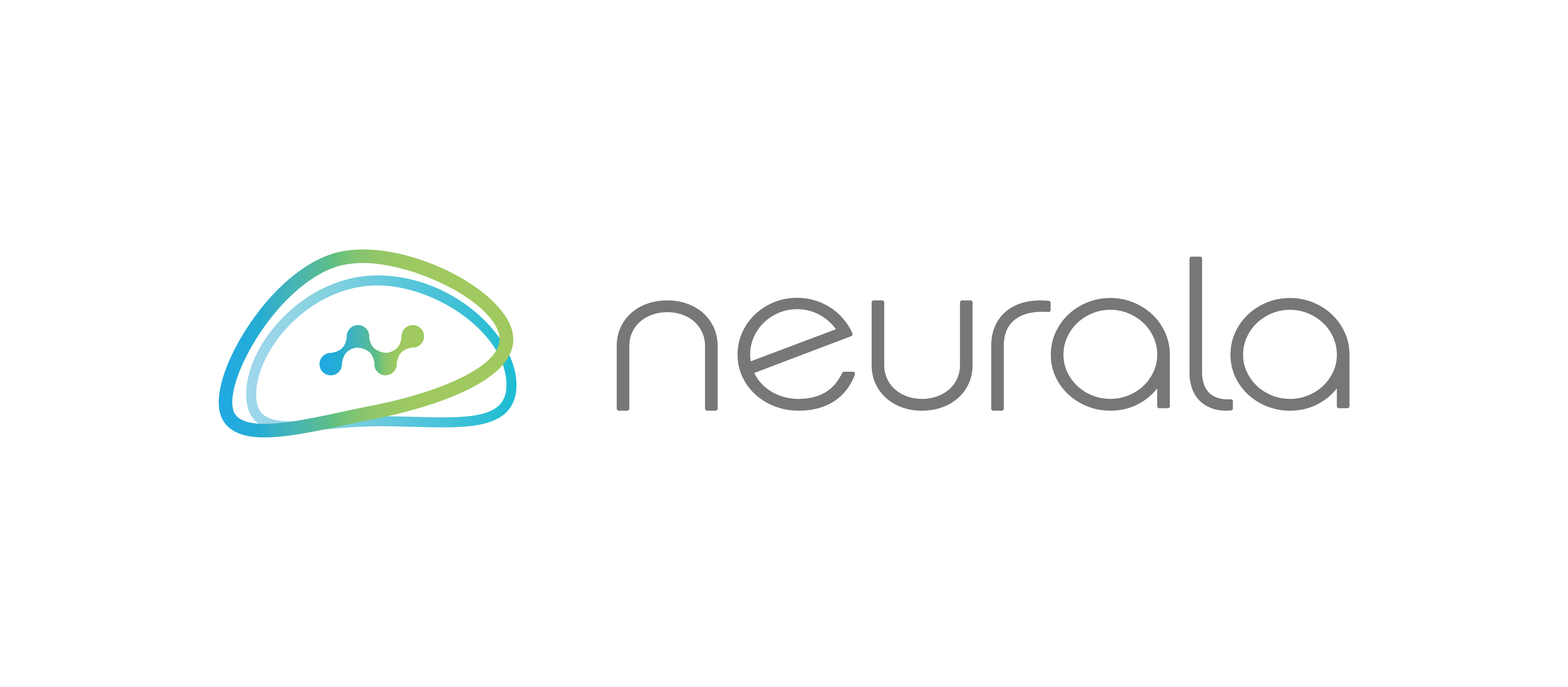Flexible Industry 4.0 initiatives: Vision AI on factory floor
The adoption of Industry 4.0 technologies has been near the top of many manufacturers to-do lists, but since March, implementing faster, more efficient, and less expensive technologies has become critical. Manufacturers are dealing with unique challenges like rapid shifts in markets due to the pandemic and the volatile global economy. This raises the question: how will manufacturers adapt and ultimately shift to the “new” normal—whatever that may be?
Pre-pandemic, manufacturers used Industry 4.0 technologies to some extent. COVID-19 combined with new health and safety regulations has greatly accelerated implementation and use of these technologies, and companies who already use Industry 4.0 technologies are reaping the benefits. These technologies are not meant to fully automate facilities but rather augment human work, improve production efficiency, decrease machine downtime, and lower the bill of cost. These innovative technologies are also helping manufacturers solve new problems raised by the pandemic like maintaining social distancing. While it is possible that operations eventually return to a “new normal”, manufacturers must act now to gain a competitive advantage and improve factory performance while maintaining workplace health and safety.
Vision AI, with the ability to augment the work of human eyes, is a low hanging ‘technology fruit’ that can be implemented immediately with less effort than many realize. Neurala’s newest product Neurala VIA falls nicely into the category of an Industry 4.0 technology that is accelerating AI adoption in factories. Neurala VIA is an integrated software solution to help manufacturers improve quality inspection on the production line while scaling to meet product demands. Manufacturers wanting to move to Industry 4.0 need products they can integrate into existing infrastructure—so they do not require a large hardware investment. They also need technology that features an interface that is user friendly, allowing it to be used by employees who may have little to no AI knowledge. Furthermore, the reality of the factory floor today requires a flexible solution, allowing changes to be quickly made to models to allow for potential fast changes due to consumer demand. While Neurala VIA was well on its way to production when the pandemic hit, we were able to pivot to build into the product features that support the current world—flexible, easy to install, and easy to use. Learn more about Neurala VIA and its use cases: https://info.neurala.com/neurala-via-software-use-case
